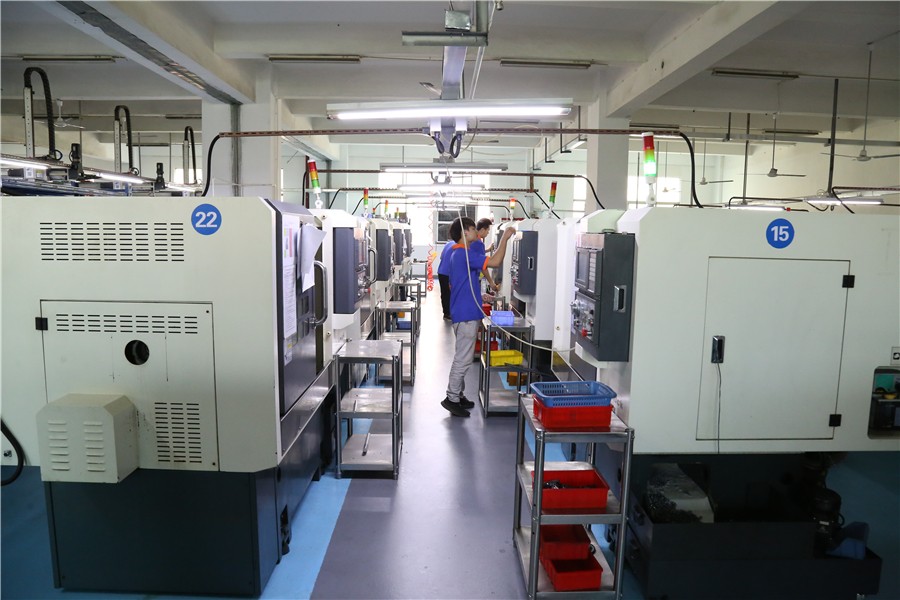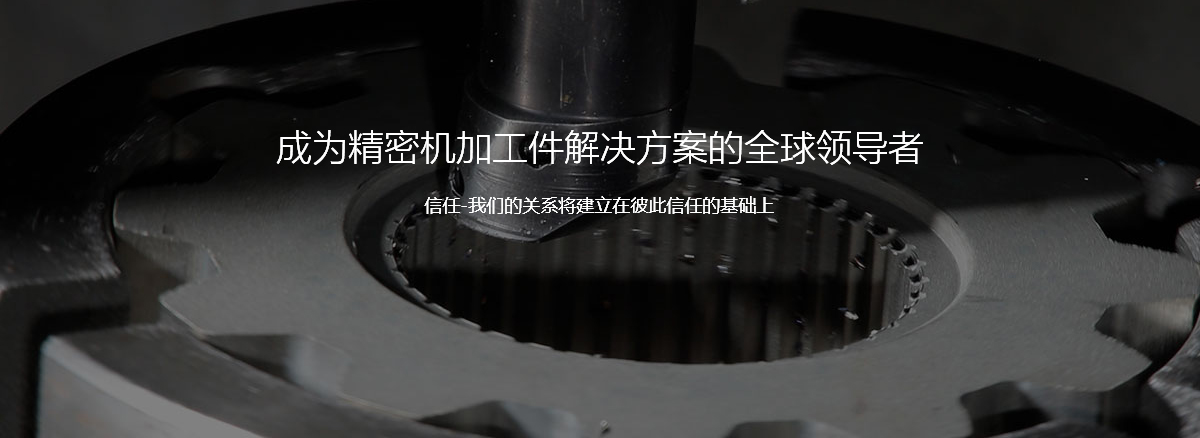Precision machining is not available for all materials. Some Hardness have too much hardness, which may damage the machine if they exceed the hardness of the processing machine. Therefore, these materials are not suitable for precision machining, except for special materials or laser cutting.
Materials for single precision machining of Machine element are divided into two categories: metal materials and non-metallic materials.
For metallic materials, stainless steel is the hardest, followed by cast iron, copper, and finally aluminum.

The processing of ceramics, plastics, etc. belongs to the processing of non-metallic materials.
Firstly, the hardness of the material is required. In some situations, the higher the hardness of the material, the better. However, due to the hardness requirements of the processing machine, the processing material cannot be too hard. If it is harder than the machine, it cannot be processed
Secondly, the material should be moderately soft and hard, at least one grade lower than the hardness of the machine. It also depends on the processing function of the equipment and the reasonable selection of machine materials.
In short, there are still some requirements for precise mechanical processing of materials, and not all materials are suitable for processing, such as materials that are too soft or too hard. The former does not require processing, while the latter cannot.
So the most basic point is to pay attention to the density of the material before processing. If the density is too high, it is equivalent to a high hardness. If the hardness exceeds the hardness of the part (lathe tool), it cannot be processed. Not only will it damage the part, but it will also cause danger, such as the tool flying out and injuring people. Therefore, generally speaking, for mechanical processing, the material material should be lower than the hardness of the machine tool before processing can be carried out.


